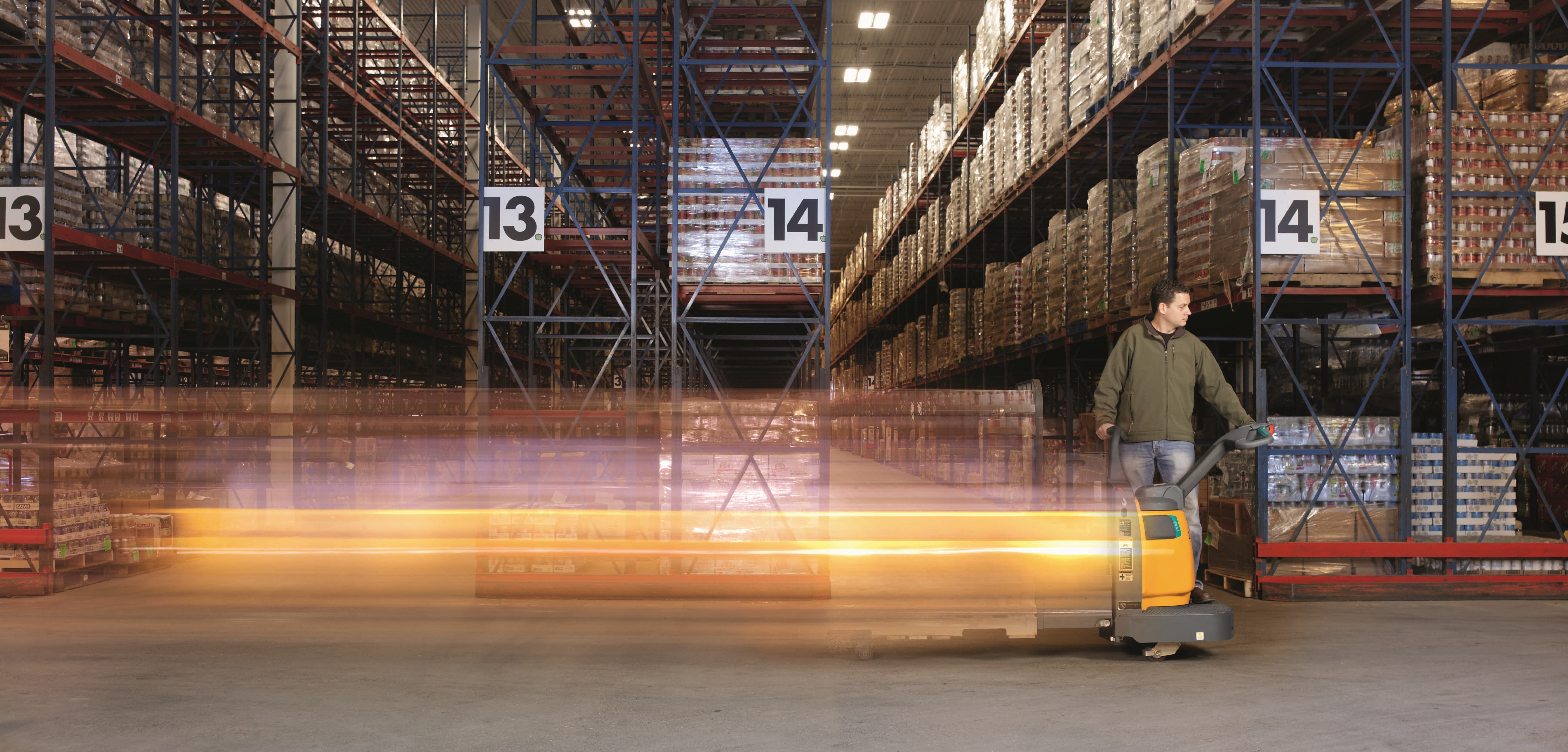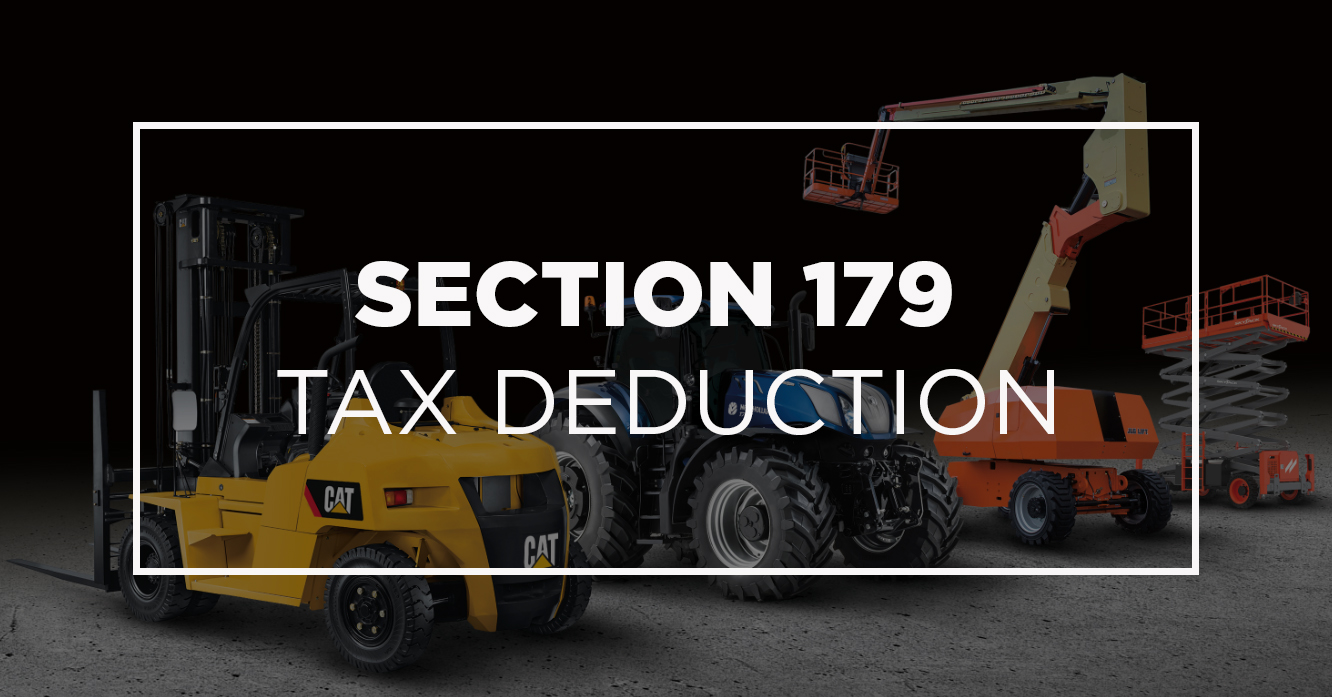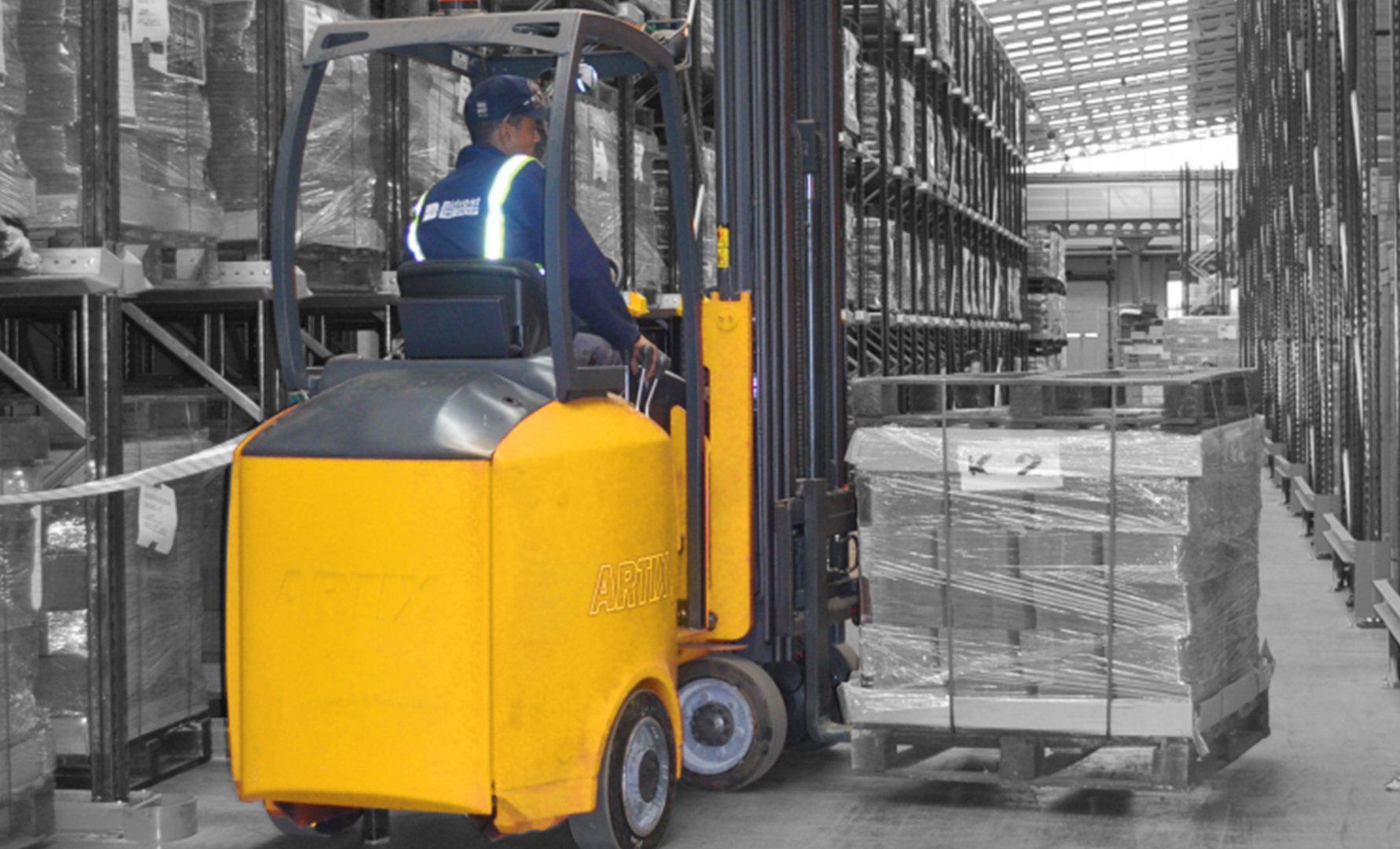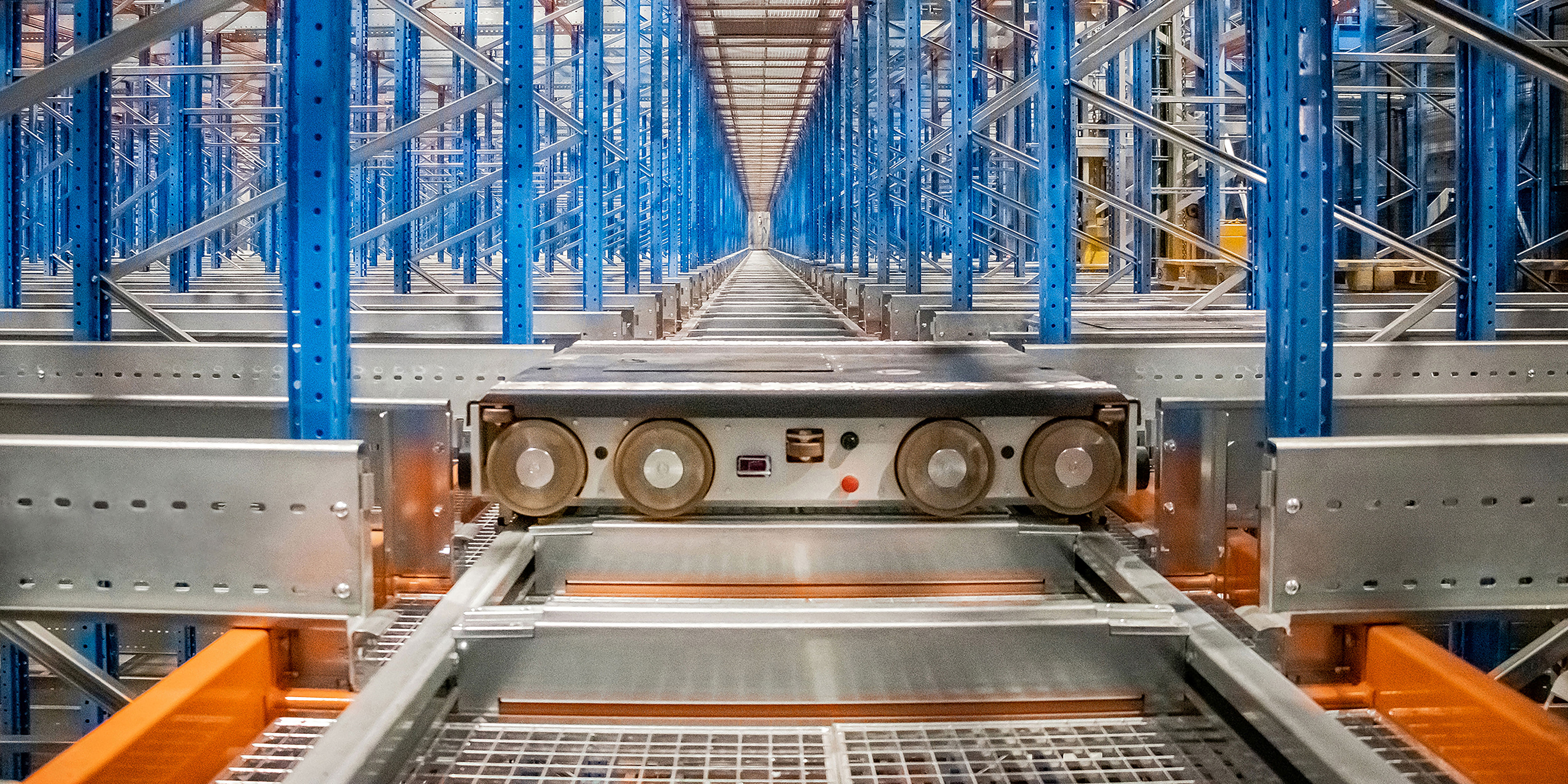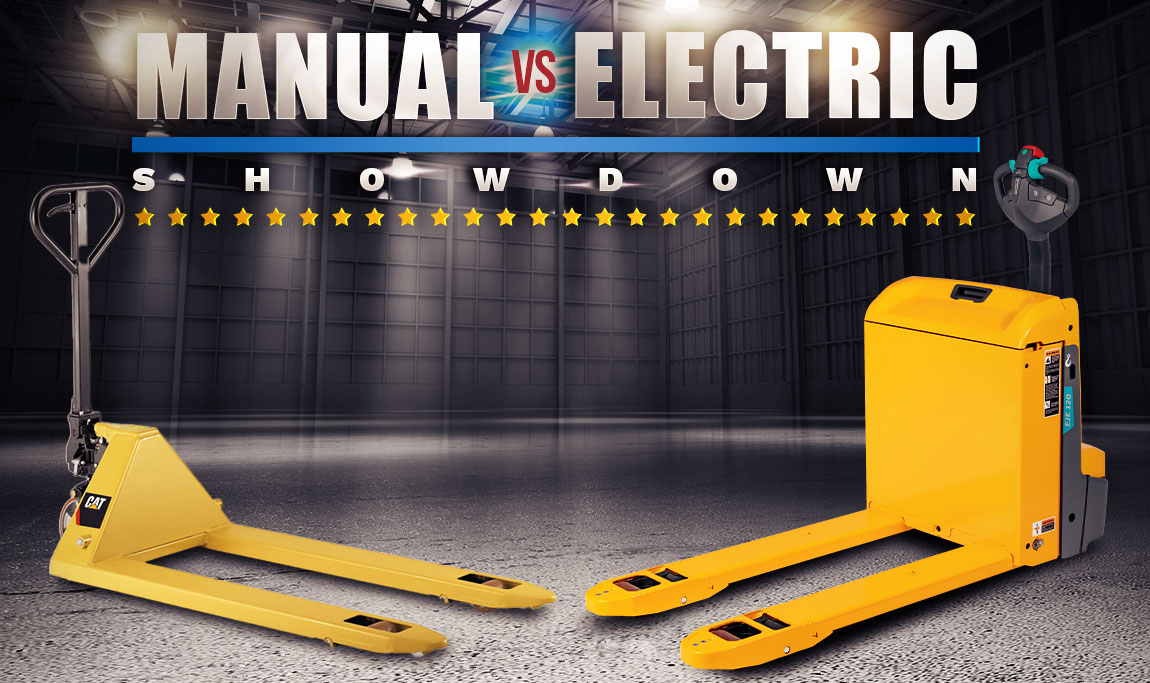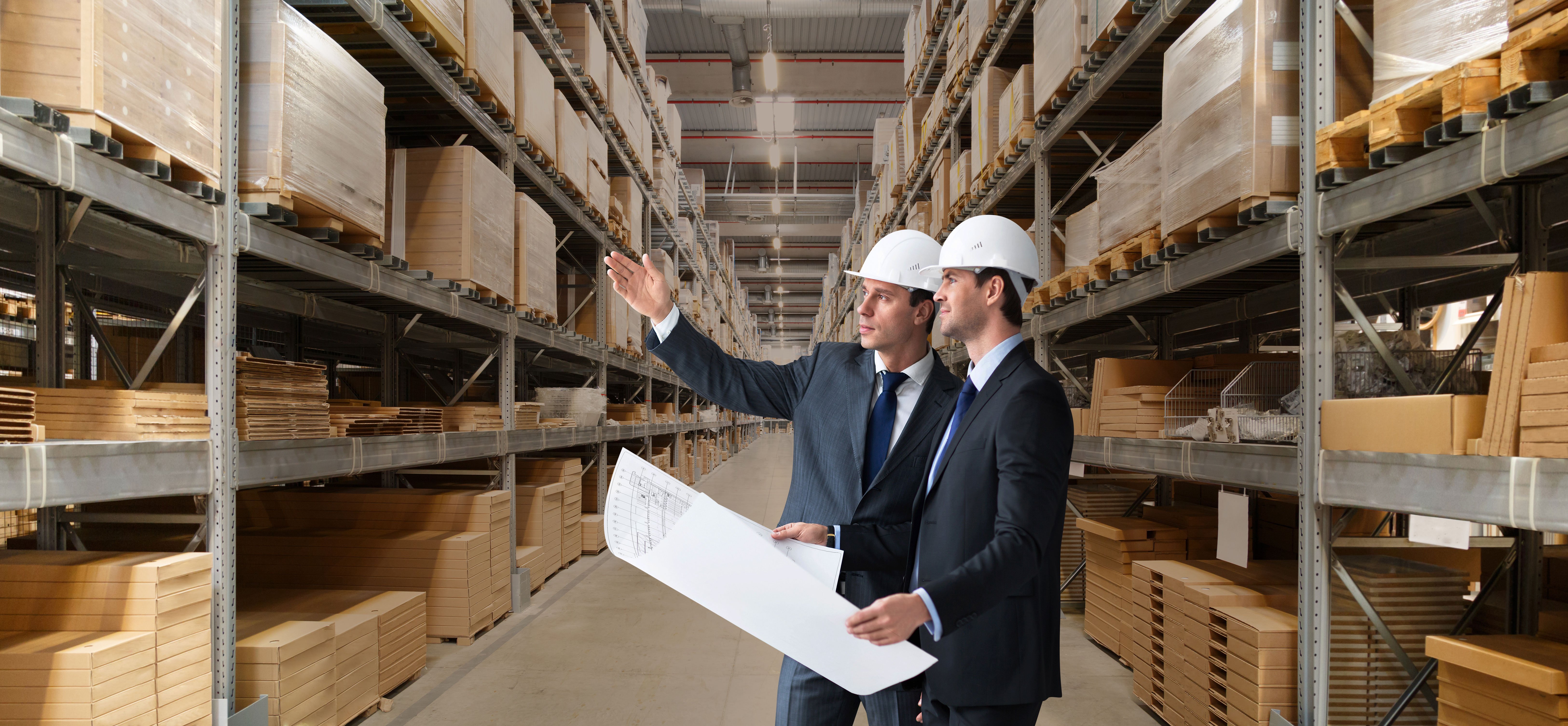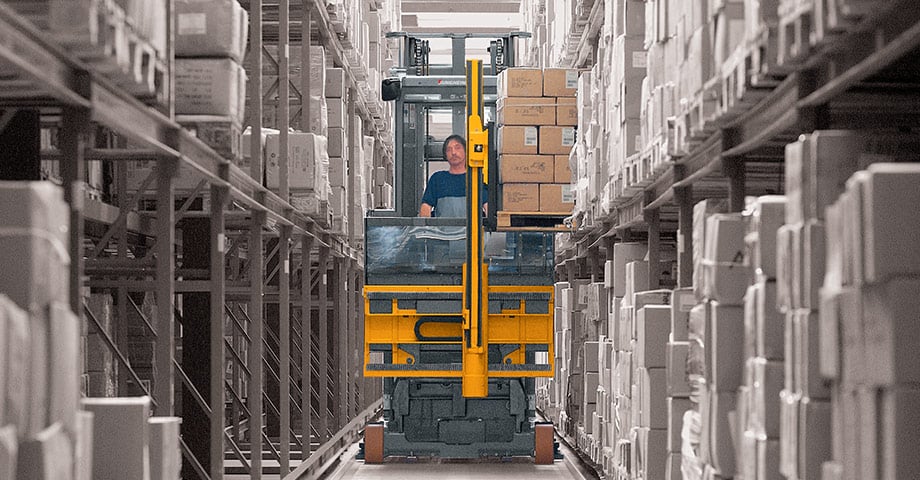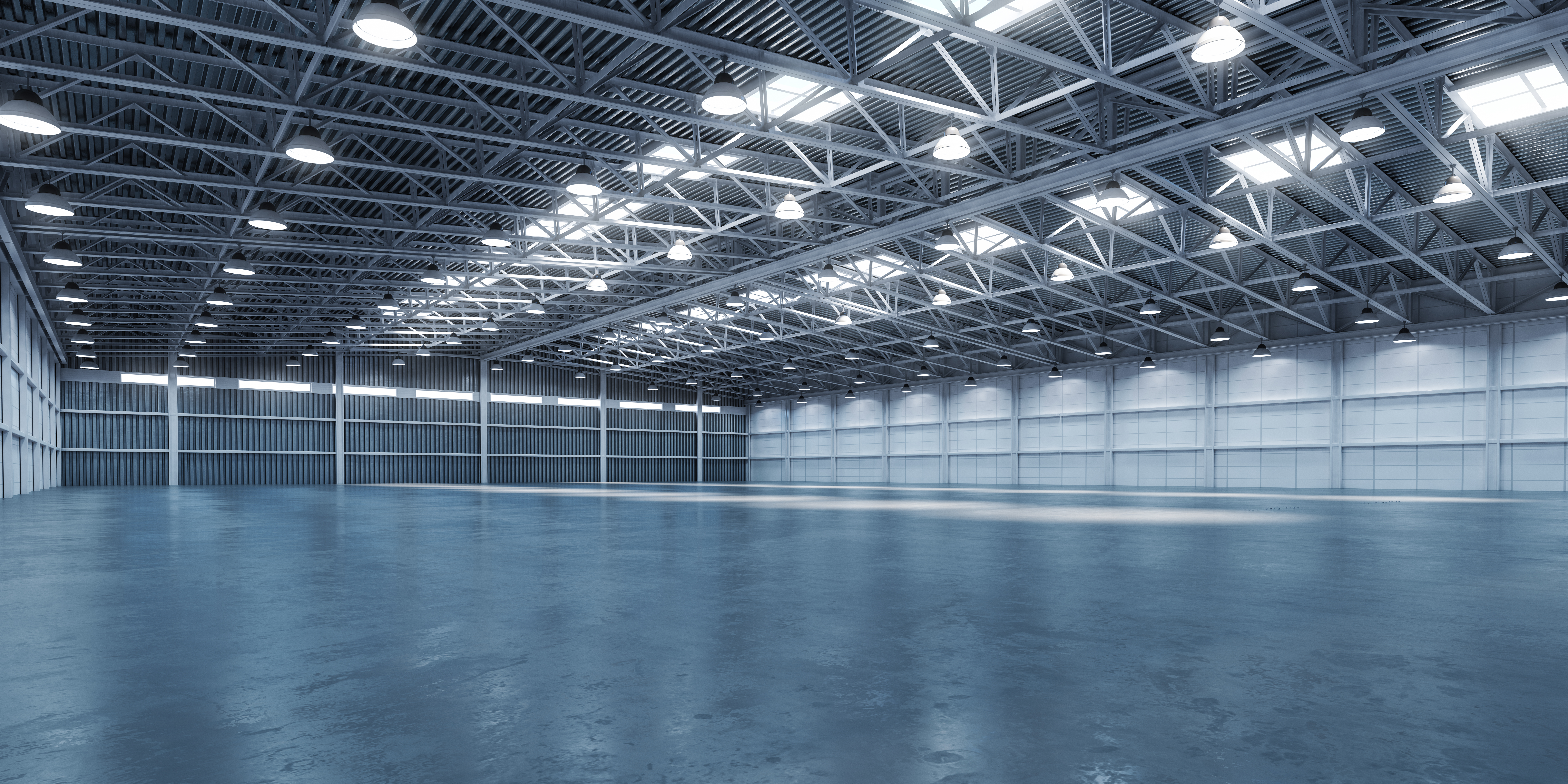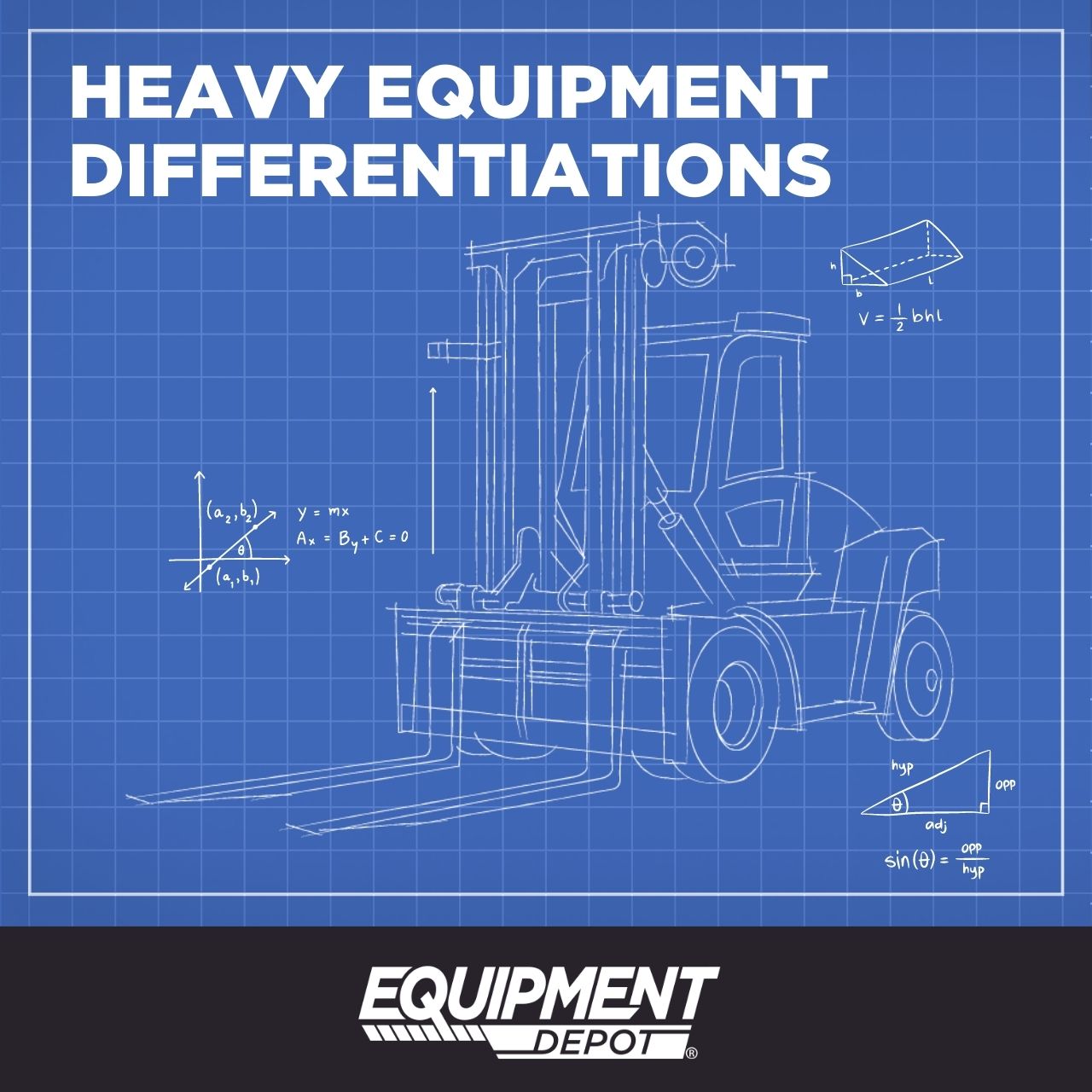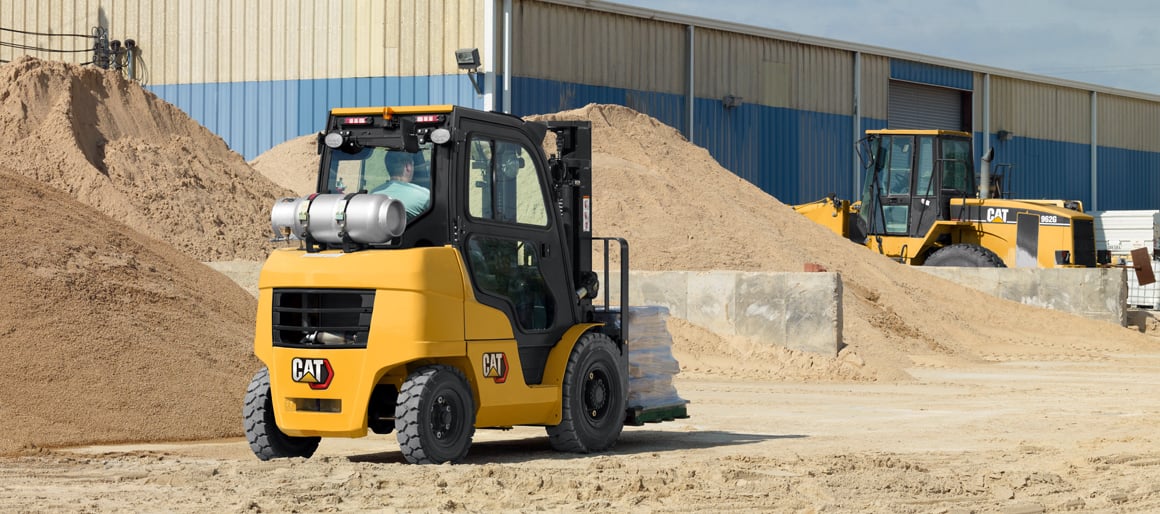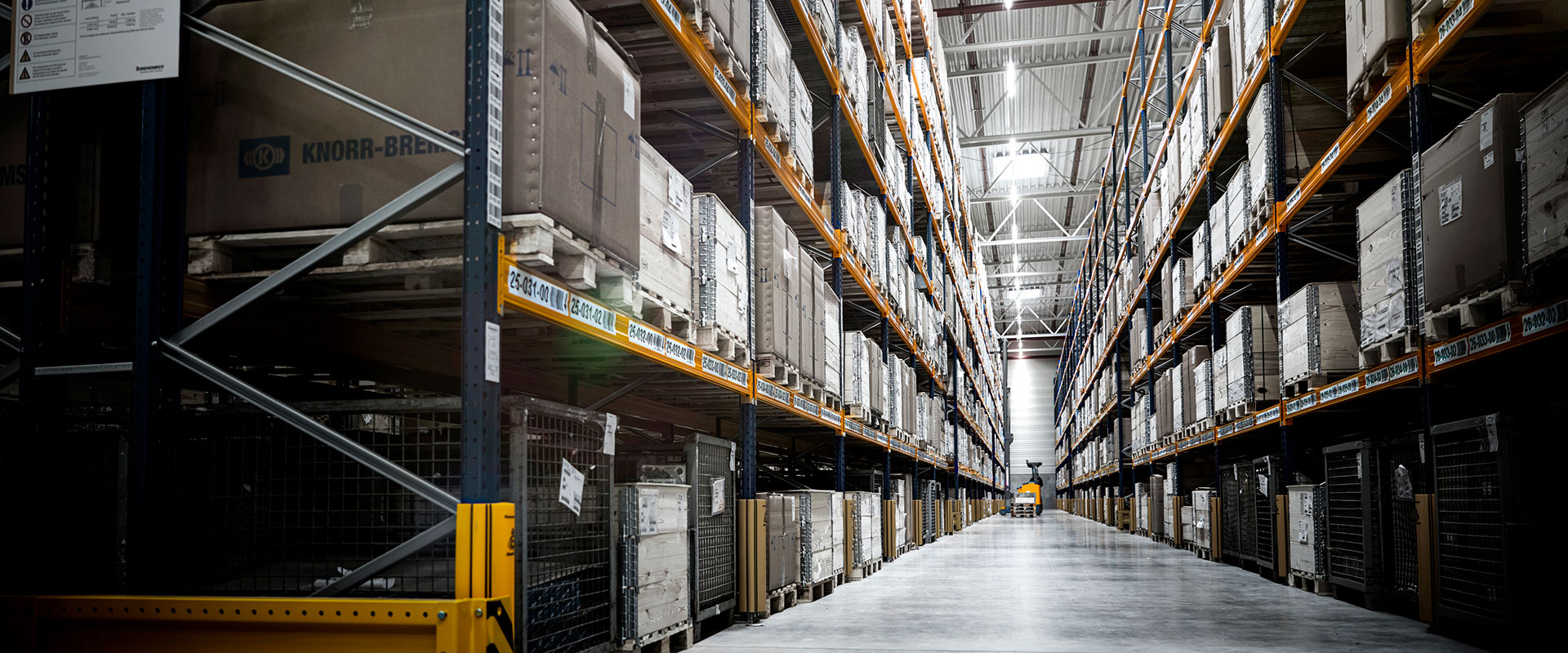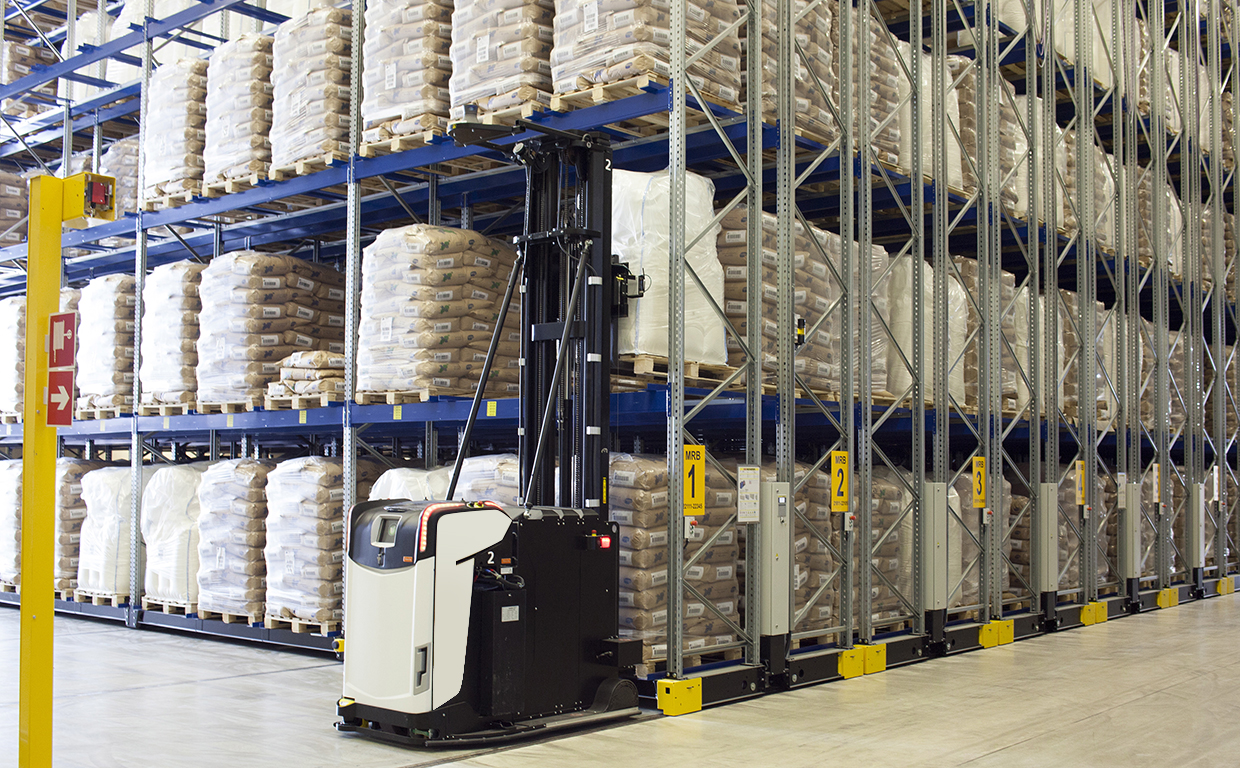A Guide for Warehouse Operations Directors & Managers
As throughput demands continue to soar, reliance on manual or electric walkie pallet jacks may be limiting your warehouse's full potential. For many operations, the electric rider pallet truck (or ride-on jack) is often viewed as a luxury— only a step below a full forklift. In reality, it’s a crucial piece of material handling equipment that serves a unique and often necessary role in high-volume logistics.

